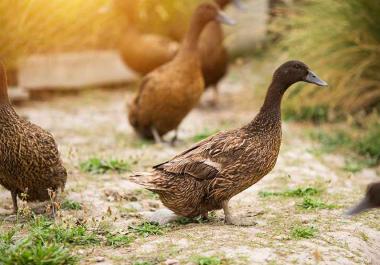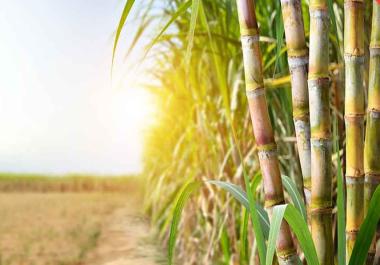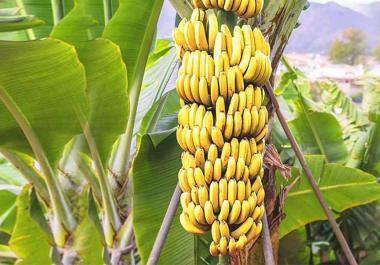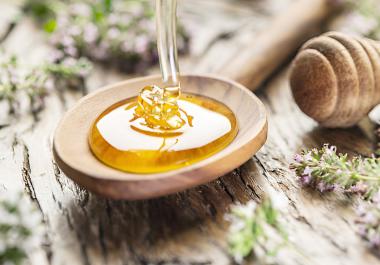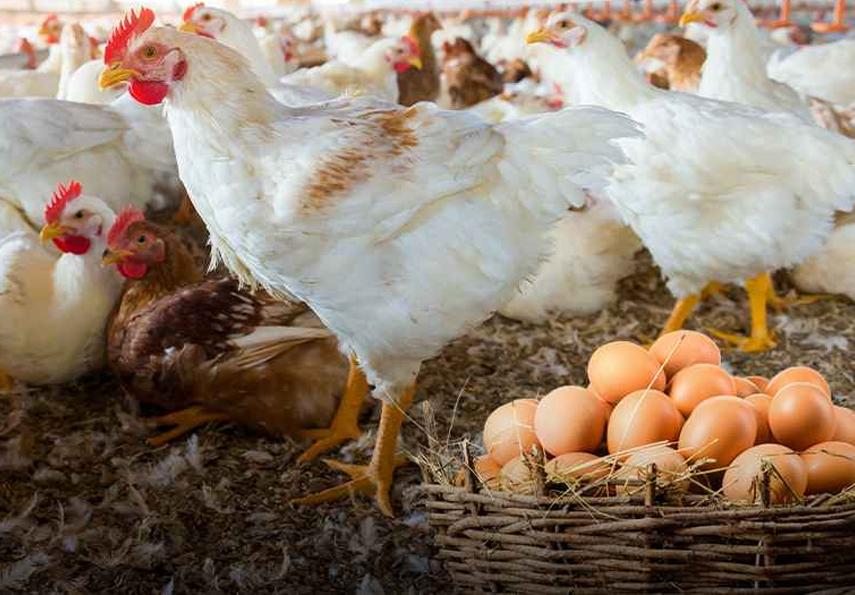
Harvest Time
1 year
Chicken Farm
ROI
10.00% - 13.00%
Cost Per Unit
৳300.00 BDT
Invest End Date
30 Apr, 2025
Project Overview
1)As this is a Murabaha contract (production and sale), investors do not have the option for emergency exits. We will purchase the chicken chicks for nurturing and raising, and subsequently sell them to the enlisted merchant. Consequently, we cannot return your investment amount before the project's closure.
2) Duration of Investment
The total investment amount will be - 35,71,000
This investment will be for 4 Months.
3) Projected ROI(Return of Investment)
The return on investment (ROI) will be 25% annually. In four (4) months, the investor will receive a halal dividend of 8.3% (excluding service charges).
4) Investment Part
Here, the minimum investment would be 20,000 TK, or investors can invest up to the project limit. Halal dividends will be disbursed every four months.
For example, if someone invests 100,000 TK (one lakh taka), they will receive 125,000 TK, excluding service charges (100,000 TK as the investment part and 25,000 TK as the profit part in a year).
5) Loss Sharing
Grow Up is a Shariah-compliant project, and according to the Murabaha principle, investors are not liable for any business losses after transferring the responsibilities for chicken production and sale to the merchant. Losses incurred after delivering the meat to the merchant will not be shared by the investors, ensuring no loss sharing from the business after the product is handed over to the merchant.
6) Service Charge
Grow Up will apply a 5% service charge on investors' profit. It should be noted that all of the mentioned ROI above are provided after excluding this service charge.
7) Contract Conditions
The investors will engage in a Murabaha Agreement (Production-Sale) contract with Grow Up for the Chicken Farm Project. This contract will involve a "Production-and-Sell" process, wherein investors will initially purchase chicken chicks through Grow Up and also oversee their nurturing and raising for subsequent sale through Grow Up.
Grow Up will serve as an agent for the investors, handling the purchase of chicken chicks, overseeing their nurturing and raising, assuming ownership and risk of asset possession on behalf of the investors, and then selling them to the enlisted merchant.
8) Risk Factor
According to our calculations, although there is a 5% risk factor, GrowUp's team of experts in purchasing chicken chicks, nurturing and raising, as well as our excellent marketing team, are well-equipped to manage and mitigate these risks, as outlined earlier. Additionally, at the request of investors, we also offer an insurance policy to provide further assurance.
9) Payment Delay
Grow Up has conducted an in-house analysis of the projected returns of the business and expects to be able to repay on time, barring any unforeseen risk factors.
10) Security
Grow Up provides the following documents to investors:
- Contract Deed (300 tk Stamp)
- Security cheque
- Money Receipt
- Guarantor
- Copy of Authorized deed
- Insurance
Project About
Introduction
Chicken farming, also known as poultry farming, is the practice of raising chickens for meat and eggs. This industry plays a crucial role in global food production, providing a substantial source of protein for millions of people around the world. With the rising demand for locally sourced, sustainable food, chicken farming is evolving to incorporate more eco-friendly practices. In this article, we will explore the essential components of running a chicken farm, the benefits of sustainable practices, and some commonly asked questions.
Importance of Chicken Farming
Source of Protein: Chickens are one of the most consumed sources of protein globally. Chicken meat is not only nutritious but also lower in fat compared to other meats. Furthermore, eggs are an excellent source of vitamins and minerals, making chicken farming critical for food security.
Sustainable Practices: Modern chicken farms are increasingly adopting sustainable practices such as free-range systems, organic feed use, and efficient waste management. These methods minimize the environmental impact and create healthier living conditions for the birds.
Economic Contribution: Chicken farming contributes significantly to local economies by providing jobs and supporting small farming communities. It is a vital source of income for many families, especially in rural areas.
Waste Utilization: Chicken farms generate organic waste, such as manure, which can be composted and used as a natural fertilizer for crops. This recycling of waste contributes to sustainable agriculture practices and reduces reliance on chemical fertilizers.
Key Components of a Chicken Farm
Housing: Adequate housing is crucial for the well-being of chickens. Chicken coops or barns should provide clean, safe, and comfortable environments with appropriate ventilation, lighting, and space for movement. Free-range options allow chickens to roam outdoors, which can improve their health and egg quality.
Feeding: A balanced diet is essential for the growth and productivity of chickens. Farmers typically provide a mix of grains, proteins, vitamins, and minerals. For organic farming, choosing certified organic feed contributes to healthier birds and produces organic eggs and meat.
Health Management: Regular health checks and vaccinations are necessary to prevent diseases and maintain a healthy flock. Implementing biosecurity measures helps reduce the risk of disease transmission, ensuring that chickens remain healthy and productive.
Harvesting: For meat production, chickens are usually harvested when they reach optimal weight. For egg production, hens are typically kept until their laying capacity declines, after which they may be sold for processing.

